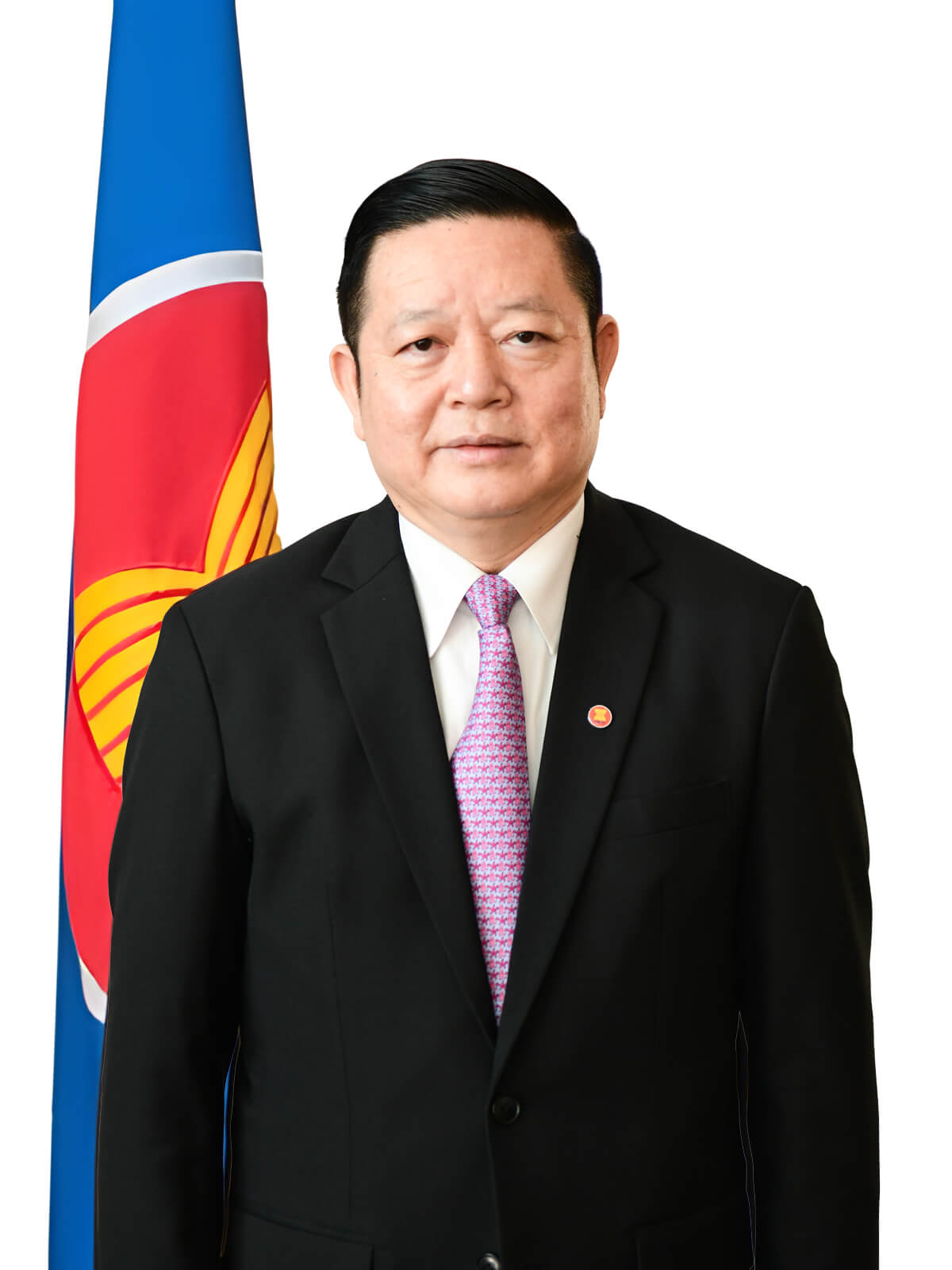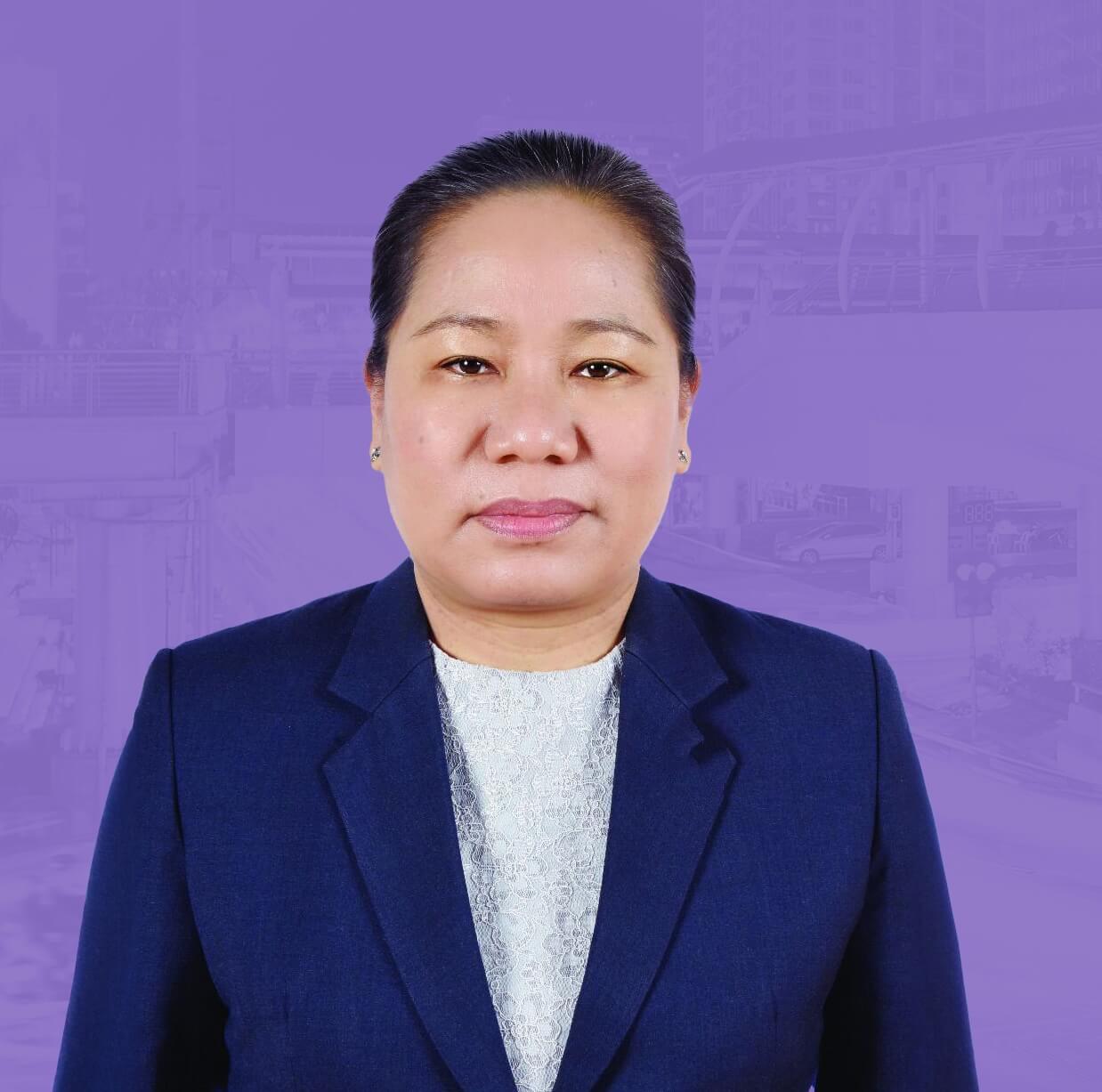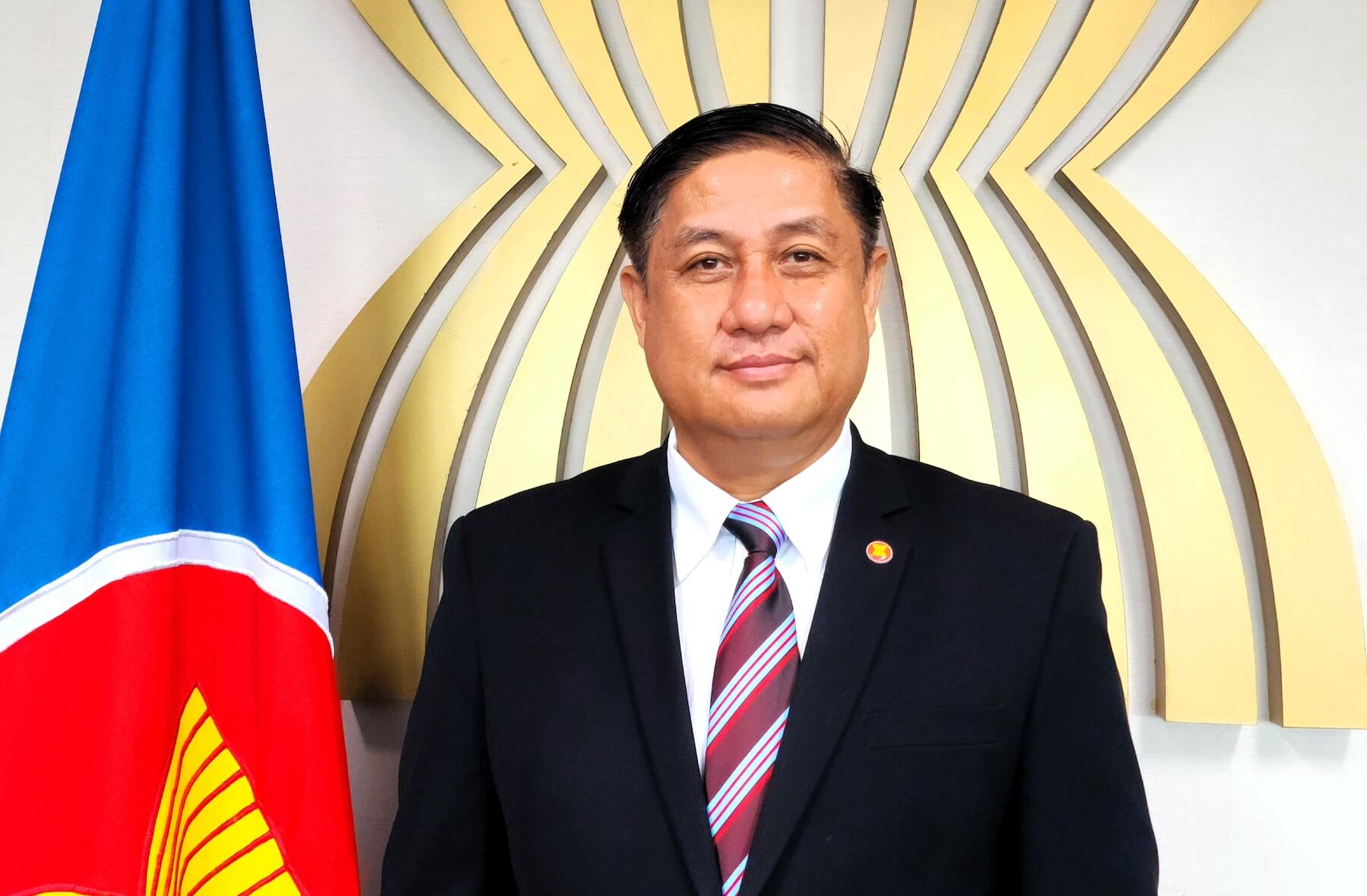


ASEAN Secretary-General Dato Lim Jock Hoi talks to The ASEAN on the qualities and benefits of smart cities, as well as the ongoing initiatives to support the region’s 26 major cities in developing, updating, and implementing their smart city action plans under the ASEAN Smart Cities Network initiative.
What characterises a smart city?
A smart city harnesses technological as well as digital solutions and other innovative means to address urban challenges, create new opportunities, and continuously improve the quality of life of its people.
A smart city also promotes social and economic development alongside environmental sustainability through effective mechanisms to meet current and future challenges. As a city’s natural ecosystem remains an important foundation of its development and competitive advantage, a smart city should be designed according to its unique characteristics and potential.
Why is technology considered the enabler to improving people’s lives in cities? What other aspects constitute sustainable urban development?
The COVID-19 pandemic has created an impetus for smart cities to embrace technology in addressing urban challenges and generating new sources of growth. This may invigorate more cities to make smart development the foundation of long-term urban planning. Technology is often considered an enabler, but today, technology will also be a differentiator and an accelerator.
It is critical for ASEAN to put in place policies that boost digital connectivity and encourage an innovative ecosystem. There is also a need to develop open data cooperation and strengthen digital data governance in the region. This aims to further enhance data management, facilitate harmonisation of data regulations and promote cross-data flows.
Smart city initiatives need more than just technology to succeed. It requires people-centred approaches, as well as close collaboration between different levels of government, the general public and the private sector. Collaboration on the design and implementation of smart city initiatives will help authorities to understand and incorporate the needs of various stakeholders, particularly vulnerable groups, and, instil a greater sense of ownership and stewardship of smart city projects.
At the regional level, the ASEAN Smart Cities Network (ASCN) provides a collaborative platform where cities work together towards the common goal of smart and sustainable urban development. Through this platform, the ASCN also continues to develop synergies with other relevant ASEAN initiatives, such as the ASEAN Sustainable Urbanisation Strategy, and strengthen smart city partnerships beyond the region. Such collaborations can bring about more tangible outcomes by pooling together the knowledge, expertise and resources on the requisite hardware and software for digital connectivity.
What has the network accomplished so far since it was created? What are the challenges to building smart cities, and how are these being addressed?
Since its establishment, the ASCN has grown from strength to strength. Around 50 projects have been developed and 40 partnerships have been forged. The ASCN has strengthened its institutional mechanisms to monitor these projects, foster existing partnerships, explore untapped potentials and build capacity to deliver smart city projects.
n 2020, the ASCN has endorsed: (i) the ASCN Monitoring and Evaluation Framework which provides a standardised approach to support ASCN cities by monitoring progress and preparing annual updates on the status of implementation of their Smart City Action Plans (SCAPs); and (ii) the Guidelines for ASCN Engagement with External Partners which serves as reference to the terms and modalities for ASCN engagements and partnerships.
Different cities encounter different challenges. These could include the need for integrated planning, evidencebased planning, access to alternative sources of project finance, social inclusion, capacity building and technical feasibility, among others. Cities will need to find the right combination of technologies, policies, and partners to suit their own starting points and priorities. Collaborative partnerships involving public and private sectors as broader stakeholders, through the ASCN and other relevant platforms, can help bring about better solutions and value to the development of smart cities.
What are the priorities of the ASCN this year?
The ASCN has continued to strengthen the monitoring of progress for SCAPs, facilitate partnerships, develop projects that further improve the lives of ASEAN people, and promote new business opportunities in smart city development. This year, the ASCN has been looking into the possibility of developing an online portal and an ASEAN smart city investment toolkit.
The ASCN online portal aims to function as a common platform for ASCN cities to take stock of their SCAPs and update their priorities, build partnerships, and access important resources for smart city development.
The ASEAN smart city investment toolkit is envisaged to help cities understand various funding and financing options, assess the advantages and disadvantages of each, and identify strategies that best fit cities’ respective contexts.
In November 2021, the Ministry of Transport and Infocommunications of Brunei Darussalam will be hosting the ASCN Conference with the theme of “The New Normal.” The conference will focus on sharing experiences around how cities will address the new normal in a post COVID-19 environment.








